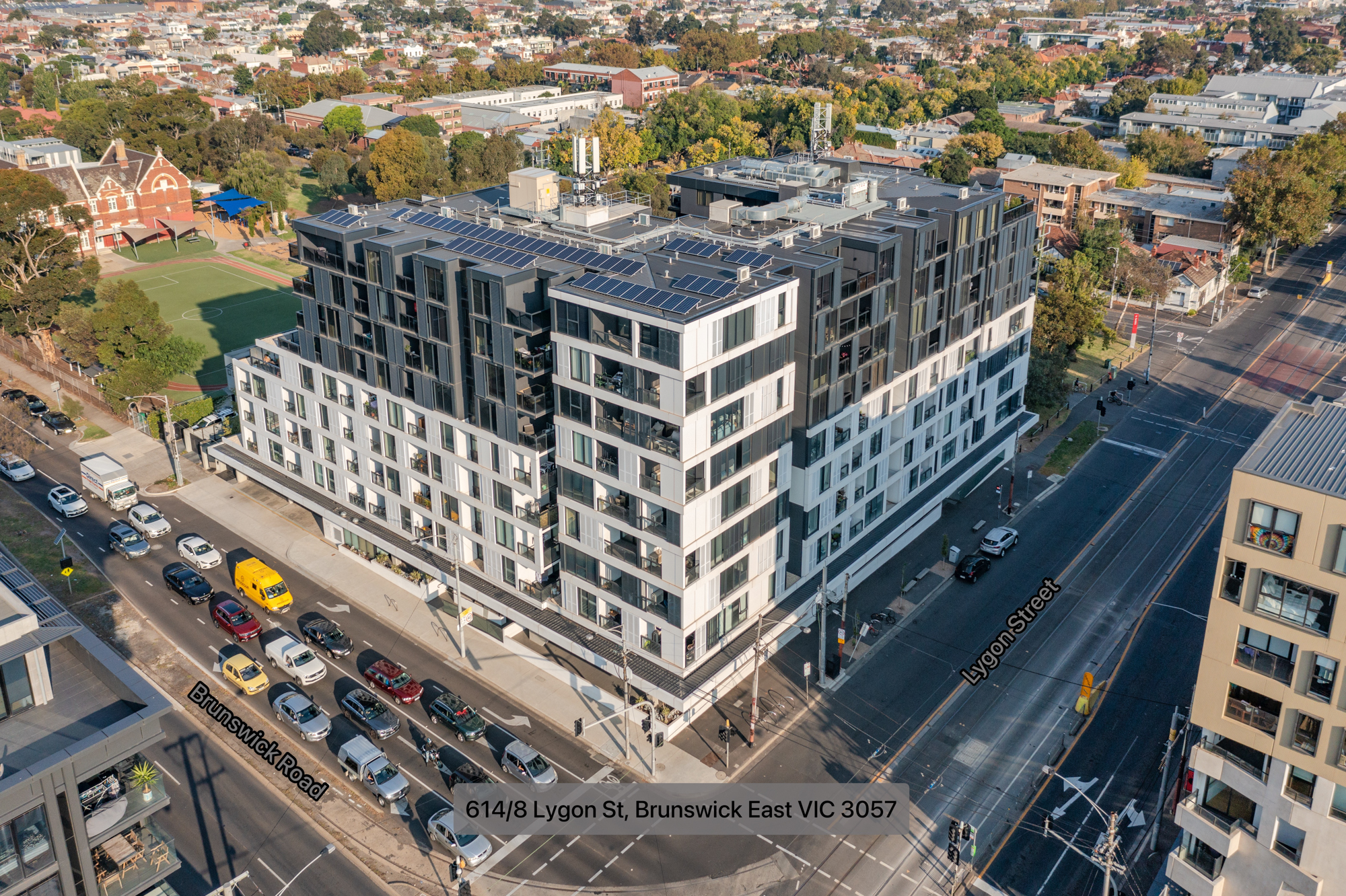
Your investment property is a business for you but keeping your tenants happy is suitable for that business. Building trusting relationships with your tenants can give you more investment.
Your property is an income-earning asset, so you will have an investment strategy based on your property. The people who call your rental property their home are integral to this asset. Without tenants, you will not make money on your investment.
Happy tenants are more likely to renew their lease, which benefits the landlord, who won’t have to scramble to get new tenants or pay for re-advertising and negotiating a new lease agreement. Happy tenants provide a steady flow of income through the rent and prevent loss due to vacancy.
To ensure your tenants are satisfied and will stay with you for longer, these are five steps you can take.
-
Stay on top of maintenance & be proactive
No one wants to live with a leaky roof or a dripping tap. Tenants who pay their rent on time expect maintenance issues to be fixed as soon as possible. Ensuring repairs are complete is essential when it comes to keeping tenants happy.
How long you take to respond to property maintenance requests shows your tenants how important they are to you. Delaying repairs can break the tenant-landlord relationship, but punctual repairs can build a strong, trusting relationship with your tenants.
You can go further than responding promptly to maintenance requests by being proactive. Regular inspections can help you identify and fix potential issues before they cause problems.
Tenants only care about paying rent and getting their maintenance requests sorted quickly. That’s why staying on top of repairs should be a top priority.
Proactive maintenance is about spotting issues before they become problems. You’ll know what care is coming up, and you can plan for an eventual turnover of tenants by knowing what you need to fix between tenants, saving time and money.
Ensure your property manager conducts routine inspections and suggests solving maintenance issues before they occur.
-
Be responsive when your tenant communicates
A simple way to keep your tenant happy is to be responsive and courteous when communicating.
Give your tenants the contact details for you or your property manager. When they send you a query or make a request, respond in a respectful and timely way.
Did you know most tenants expect a response in less than 2 hours?
Although you don’t have to drop everything else you are doing to organise an electrician to fix a busted light, you can at least send a quick text or email acknowledging the issue. Letting your tenants know that you are aware of the problem and will take steps to address it is sufficient. Tenants want to know they have been heard and that something is being done, even if it takes a couple of days to have the tradesperson attend to the issue.
-
Equip your rental property with tenant conveniences
Investing in features that tenants wish to will help you to find good tenants who love living at home on your property.
According to the latest research, tenants prefer properties with:
- Stainless steel appliances,
- Central air conditioning.
- Hardwood flooring.
- Kitchen backsplash.
- Bathroom upgrades, and
- Updated cabinet hardware.
Upgrades do have upfront costs but can allow for higher rents. Add in the money you can lose from a vacancy, and upgrades likely to help tenants stay are worthwhile investments.
These upgrades help properties to lease faster to quality tenants who want to stay, plus reduce the vacancy rate, so the rental renovations and improvements pay for themselves quickly.
-
Be one step ahead with lease renewals
Get in early to start the discussions about lease renewals to help keep your tenants on long-term. Consider giving some incentives to renew the lease.
Allowing your tenants plenty of time to think about whether they want to leave or stay shows you care about your tenant’s interests. A bonus of starting the lease renewal discussion is that if your tenants leave, you’ll know sooner that you need a new tenant.
The main problem with a lease renewal is that it often comes with a rental increase, which no tenant wants. Working with a real estate expert can help you determine the appropriate rental growth. You can provide explanations to your tenants of why the increase is reasonable.
You can allow tenants to sign a longer-term lease at a reduced rate or avoid the rental increase every renewal.
If your tenants are on a six-monthly lease, offer a yearly lease. If your tenants renew the lease yearly, you could extend it to two years. You’ll then have the assurance that your property will not be vacated for an extended period. Although you might miss out on some profit from the increased rent, it can be worth keeping a reliable, long-lasting tenant.
If the lease renewal doesn’t get signed by your tenant, you’ll know that a vacancy is coming, so you can start the work to find a new tenant.
-
Respect their privacy
Tenancy laws provide renters with the expectation of “reasonable peace, comfort, and privacy”. Unless there is an issue your tenant wants to be addressed, they want to be left in peace.
Landlords are not supposed to walk in on tenants without notice, and you shouldn’t need to disturb your tenants every week.
There will be times when you need to gain access to the property. Be aware of the rules on giving notice and how often you can enter the property boundaries.
You can gain positive and lasting financial impacts from your investment property by keeping your tenants happy. Making small investments into the property, such as doing proactive maintenance and rental renovations, could make the difference between a long-term and a short-term lease.
It is essential to compare the costs of keeping tenants with the risk of having your property sit untenanted for an unknown and extended time.
